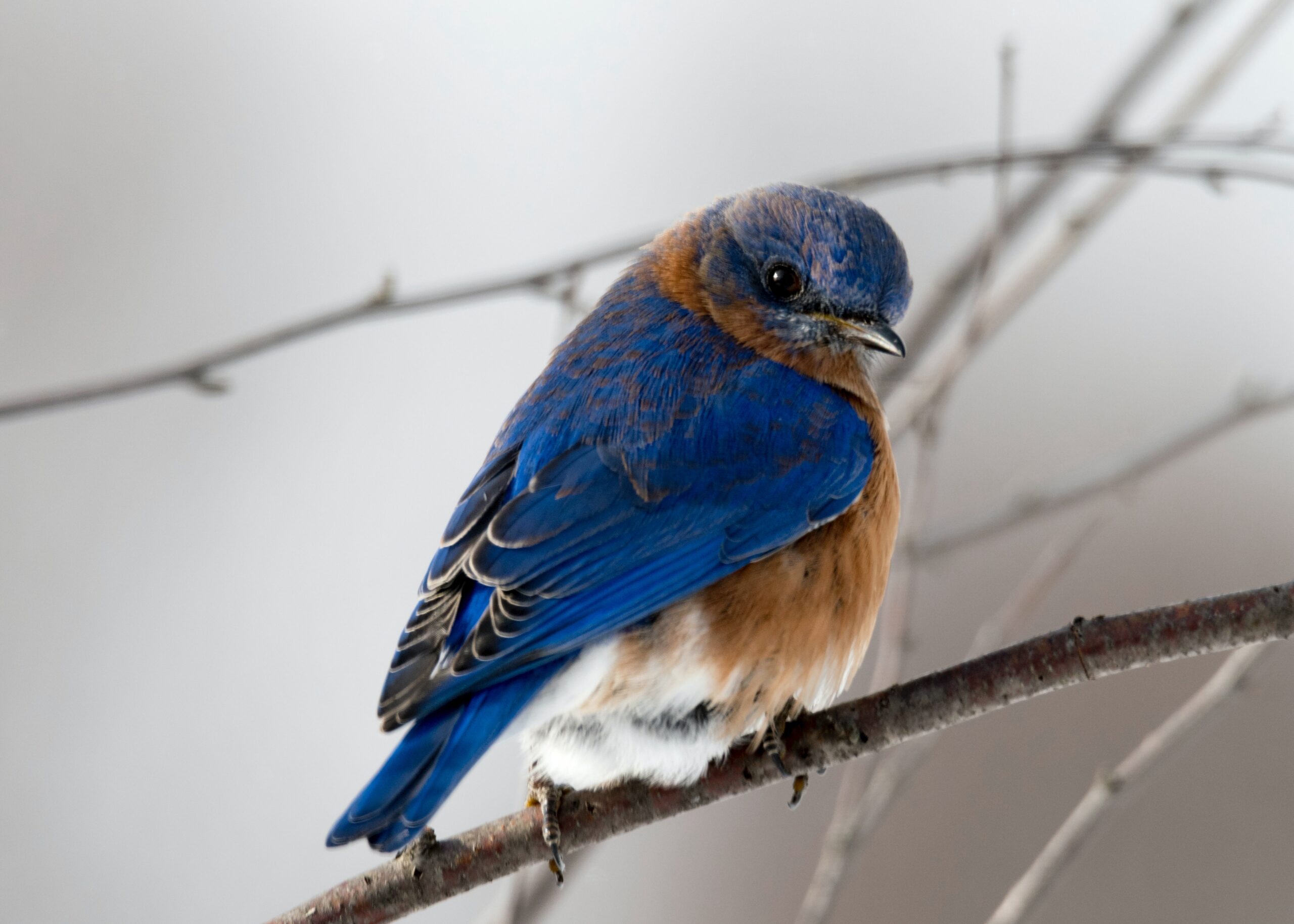Bird feeding is a popular hobby among nature enthusiasts, and for good reason. Not only does it bring joy and beauty to our yards, but it also provides a vital source of food for our feathered friends. If you’re looking to attract birds to your yard, the type of bird feeder seeds you use can make all the difference. In this guide, we’ll explore the best bird feeder seeds for attracting a variety of bird species and provide tips on how to choose the right seed for your feeder.
Types of Bird Feeder Seeds: When it comes to bird feeder seeds, there are several types to choose from. Here are some of the most popular:
- Black Oil Sunflower Seeds: These seeds are a favorite among many bird species, including cardinals, finches, and chickadees. They are high in fat and protein, which provides the energy birds need to survive. Black oil sunflower seeds are also relatively inexpensive and easy to find.
2. Nyjer Seeds: Also known as thistle seeds, Nyjer seeds are popular among finches and other small songbirds. They are high in oil and protein, making them a nutritious snack for birds. Nyjer seeds are tiny, black seeds that require a special type of feeder with small ports to prevent the seeds from spilling out.
- Safflower Seeds: Safflower seeds are a great option for attracting birds like cardinals, finches, and grosbeaks. They have a thick shell that deters squirrels and larger birds from stealing the food. Safflower seeds are also a good choice for people who are trying to avoid feeding squirrels, as they are not as attractive to squirrels as other types of bird feeder seeds.
- Peanuts: Peanuts are a great source of protein and fat, making them a popular option for woodpeckers and blue jays. However, they can also attract squirrels and other mammals, so it’s best to use them in a squirrel-proof feeder. When using peanuts, it’s important to make sure they are not salted or roasted, as salt and other additives can be harmful to birds.
- Suet: Suet is a high-fat food that is popular among woodpeckers, nuthatches, and chickadees. It can be served in a suet feeder, which is a cage-like structure that holds the suet in place. Suet is especially important during the winter months, when birds need extra energy to stay warm.
Choosing the Right Bird Feeder Seeds: When selecting bird feeder seeds, it’s important to consider the types of birds you want to attract. Different bird species have different dietary needs, so it’s best to choose a variety of seeds to cater to their preferences. Additionally, it’s important to choose a high-quality seed that is free from dust, debris, and mold. Here are some tips for choosing the right bird feeder seeds:
- Research the birds in your area: Before choosing bird feeder seeds, research the types of birds that are common in your area. This will help you determine which seeds are most likely to attract the birds you want to see.
- Avoid cheap, low-quality seed: Cheap bird feeder seed is often filled with dust, debris, and low-quality filler ingredients that birds won’t eat. Look for high-quality seed that is free from additives and fillers.
- Buy seed in bulk: Buying bird feeder seed in bulk can save you money in the long run, especially if you’re feeding a large number of birds.
- Choose the right feeder: Different types of birds prefer different types of feeders. For example, finches prefer tube feeders with small ports, while woodpeckers prefer suet feeders. Make sure you choose a feeder that is appropriate for the birds you want to attract.
- Keep the feeder clean: Dirty feeders can be a breeding ground for bacteria and disease, which can be harmful to birds. Clean your bird feeder regularly with soap and water to prevent the buildup of bacteria.
Conclusion: Feeding birds can be a rewarding experience for both bird enthusiasts and the birds themselves. By choosing the right bird feeder seeds and feeders, you can attract a variety of bird species to your yard and provide them with the nutrients they need to thrive. Whether you’re a seasoned birdwatcher or a beginner, using the right bird feeder seeds can make all the difference in the success of your bird feeding efforts. So, stock up on high-quality bird feeder seeds and get ready to enjoy the sights and sounds of your feathered friends!

